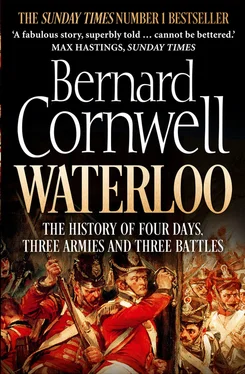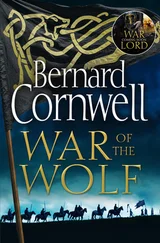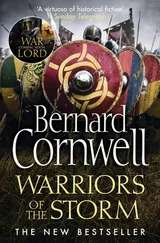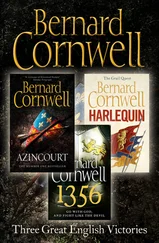

Copyright CONTENTS Cover Title Page Copyright Dedication Foreword Preface 1 Glorious news! Nap’s landed again in France, Hurrah! 2 Napoleon has humbugged me, by God! 3 The fate of France is in your hands! 4 Avancez, mes enfants, courage, encore une fois, Français! 5 Ah! Now I’ve got them, those English! 6 A cannon ball came from the Lord knows where and took the head off our right-hand man 7 The Big Boots don’t like rough stuff! 8 Those terrible grey horses, how they fight! 9 We had our revenge! Such slaughtering! 10 The most beautiful troops in the world 11 Defend yourselves! Defend yourselves! They are coming in everywhere! 12 Next to a battle lost, the greatest misery is a battle gained Aftermath: A thousand shall fall beside thee, and ten thousand at thy right hand, but it shall not come nigh thee Afterword Bibliography Index Acknowledgements Picture Credits About the Publisher ‘The Field of Waterloo, from the Picton Tree’, by J. M. W. Turner, circa 1833. The painting severely exaggerates the steepness of the valley’s slopes, but does convey the small size of the battlefield.
Published by HarperCollins Publishers Ltd 1 London Bridge Street London SE1 9GF
www.harpercollins.co.uk
This eBook edition published by William Collins in 2014
Text © Bernard Cornwell 2014
Illustrations © individual copyright holders
Maps created by Martin Brown
Bernard Cornwell asserts the moral right to be identified as the author of this work.
Cover shows a detail from Closing the Gates at Hougoumont, 1815 by Robert Gibb R.S.A., 1903 © National Museums Scotland
A catalogue record for this book is available from the British Library.
All rights reserved under International and Pan-American Copyright Conventions. By payment of the required fees, you have been granted the non-exclusive, non-transferable right to access and read the text of this eBook on-screen. No part of this text may be reproduced, transmitted, downloaded, decompiled, reverse engineered, or stored in or introduced into any information storage and retrieval system, in any form or by any means, whether electronic or mechanical, now known or hereinafter invented, without the express written permission of HarperCollins Publishers.
Source ISBN: 9780007539383
Ebook Edition © September 2014 ISBN: 9780007539390
Version: 2017-10-18
TO WILL AND ANNE CLEVELAND
Cover
Title Page
Copyright
Dedication TO WILL AND ANNE CLEVELAND
Foreword
Preface
1 Glorious news! Nap’s landed again in France, Hurrah!
2 Napoleon has humbugged me, by God!
3 The fate of France is in your hands!
4 Avancez, mes enfants, courage, encore une fois, Français!
5 Ah! Now I’ve got them, those English!
6 A cannon ball came from the Lord knows where and took the head off our right-hand man
7 The Big Boots don’t like rough stuff!
8 Those terrible grey horses, how they fight!
9 We had our revenge! Such slaughtering!
10 The most beautiful troops in the world
11 Defend yourselves! Defend yourselves! They are coming in everywhere!
12 Next to a battle lost, the greatest misery is a battle gained
Aftermath: A thousand shall fall beside thee, and ten thousand at thy right hand, but it shall not come nigh thee
Afterword
Bibliography
Index
Acknowledgements
Picture Credits
About the Publisher
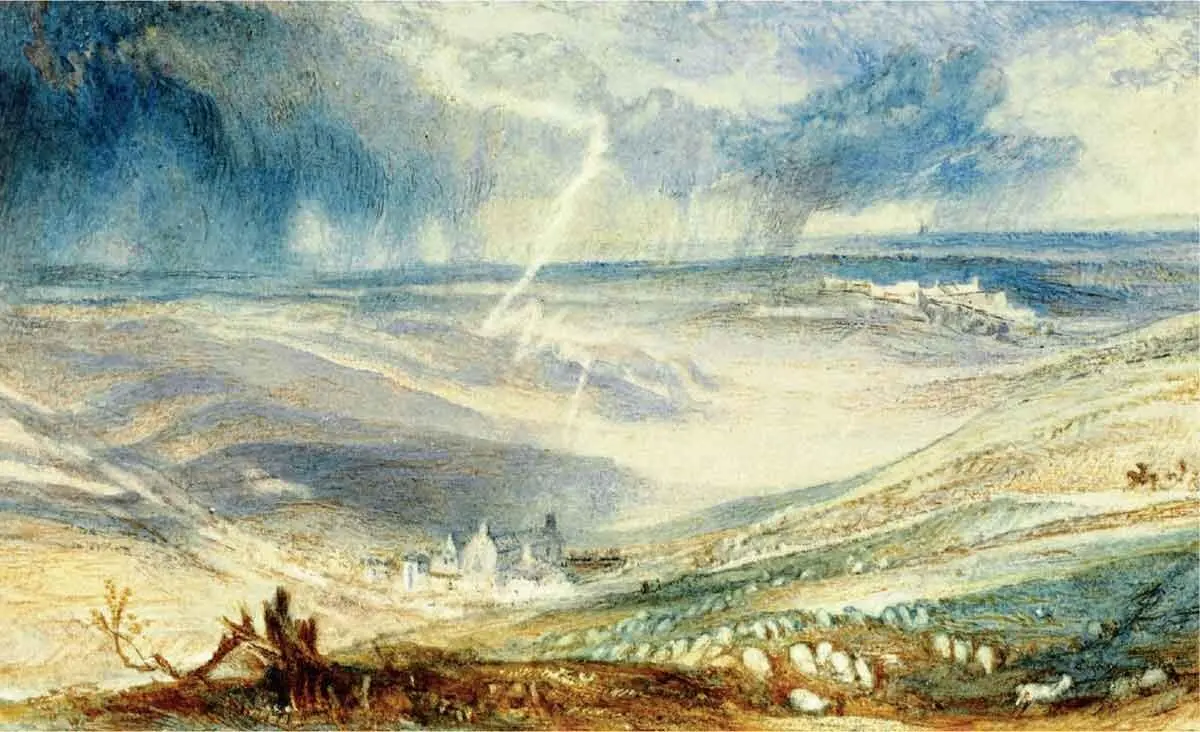
‘The Field of Waterloo, from the Picton Tree’, by J. M. W. Turner, circa 1833. The painting severely exaggerates the steepness of the valley’s slopes, but does convey the small size of the battlefield.
FOREWORD CONTENTS Cover Title Page Copyright Dedication TO WILL AND ANNE CLEVELAND Foreword Preface 1 Glorious news! Nap’s landed again in France, Hurrah! 2 Napoleon has humbugged me, by God! 3 The fate of France is in your hands! 4 Avancez, mes enfants, courage, encore une fois, Français! 5 Ah! Now I’ve got them, those English! 6 A cannon ball came from the Lord knows where and took the head off our right-hand man 7 The Big Boots don’t like rough stuff! 8 Those terrible grey horses, how they fight! 9 We had our revenge! Such slaughtering! 10 The most beautiful troops in the world 11 Defend yourselves! Defend yourselves! They are coming in everywhere! 12 Next to a battle lost, the greatest misery is a battle gained Aftermath: A thousand shall fall beside thee, and ten thousand at thy right hand, but it shall not come nigh thee Afterword Bibliography Index Acknowledgements Picture Credits About the Publisher ‘The Field of Waterloo, from the Picton Tree’, by J. M. W. Turner, circa 1833. The painting severely exaggerates the steepness of the valley’s slopes, but does convey the small size of the battlefield.

WHY ANOTHER BOOK ON Waterloo? It is a good question. There is no shortage of accounts of the battle, indeed it is one of the most studied and written-about battles in history. From the close of that dreadful day in June 1815, everyone who took part in the slaughter knew that they had survived something significant, and the result was hundreds of memoirs and letters describing the experience. Yet the Duke of Wellington was surely right when he said that a man might as well tell the history of a ball, meaning a dance, as write the story of a battle. Everyone who attends a ball has a different memory of the event, some happy, some disappointing, and how, in the swirl of music and ball gowns and flirtations, could anyone hope to make a coherent account of exactly what happened and when and to whom? Yet Waterloo was the deciding event at the beginning of the nineteenth century, and ever since men and women have tried to provide that coherent account.
There is an agreed story. Napoleon attacks Wellington’s right in an attempt to draw the Duke’s reserves to that part of the battlefield, then launches a massive attack on the Duke’s left. That attack fails. Act Two is the great cavalry assault on the Duke’s centre-right, and Act Three, as the Prussians arrive stage left, is the desperate last assault by the undefeated Imperial Guard. To those can be added the subplots of the assaults on Hougoumont and the fall of La Haie Sainte. As a framework that has some merit, but the battle was far more complicated than that simple story suggests. To the men who were present it did not seem simple, or explicable, and one reason to write this book is to try and give an impression of what it was like to be on that field on that confusing day.
The survivors of that confusion would surely be bemused by the argument that Waterloo really was not that important, that if Napoleon had won then he would have still faced overwhelming enemies and ultimate defeat. That is probably, though not certainly, true. If the Emperor had forced the ridge of Mont St Jean and driven Wellington back into a precipitate retreat, he would still have had to cope with the mighty armies of Austria and Russia that were marching towards France. Yet that did not happen. Napoleon was stopped at Waterloo, and that gives the battle its significance. It is a turning point of history, and to say history would have turned anyway is not to reduce the importance of the moment it happened. Some battles change nothing. Waterloo changed almost everything.
Читать дальше
